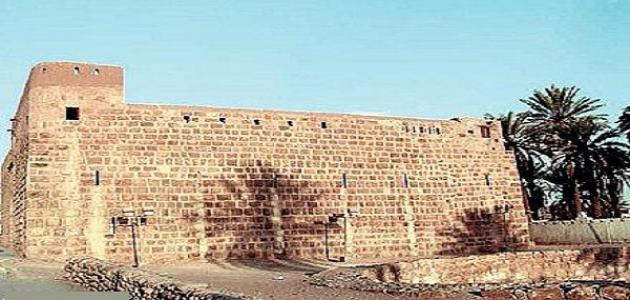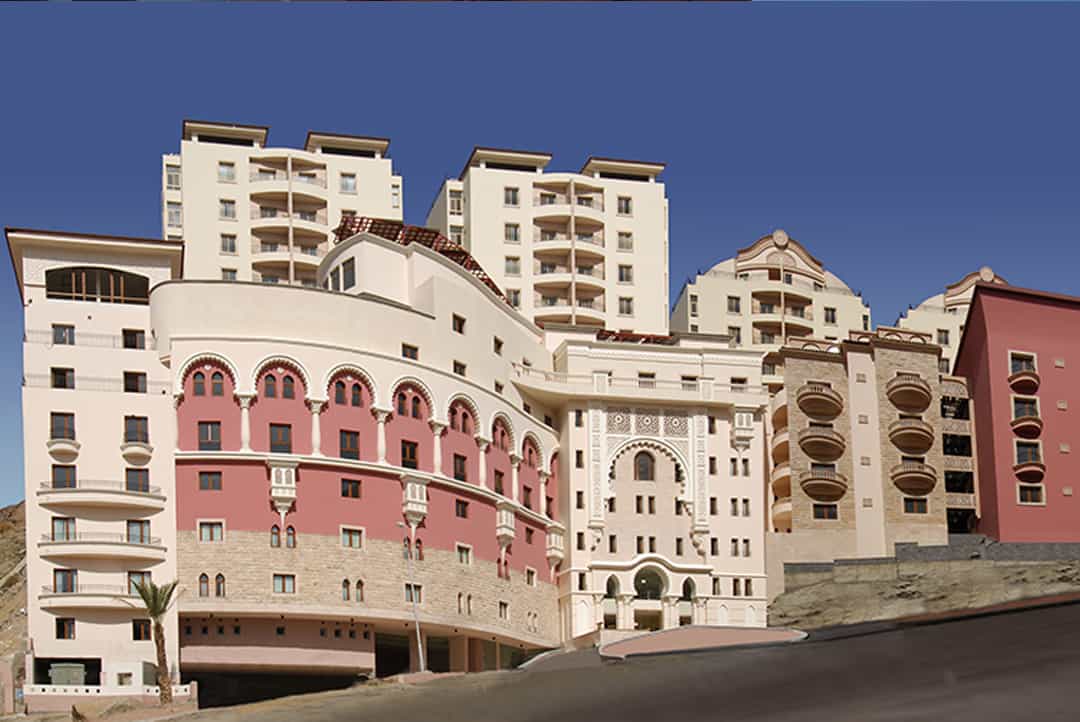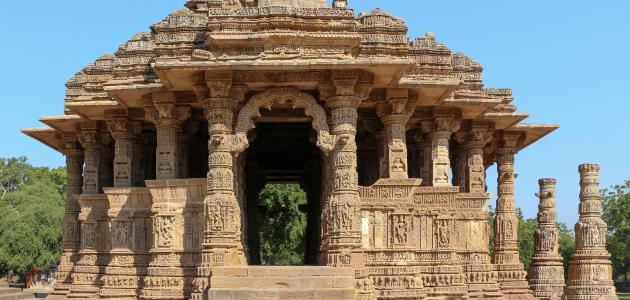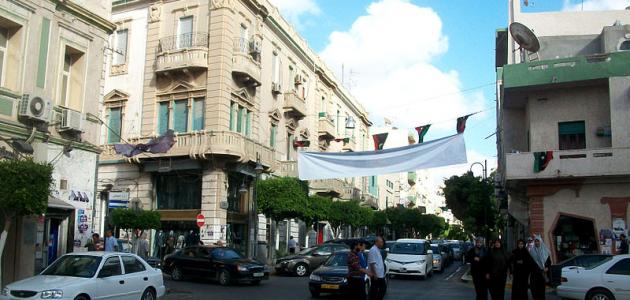Mummification and the first to know him
- Mummification of the dead can be defined as the preservation of their dead bodies and the use of chemicals to preserve the appearance of a person as if he were alive.
- The Egyptian pharaohs were the first to know the embalming of the dead.
- The embalming that the Pharaohs used to do is one of the most frequently asked questions about how they embalmed and preserved the bodies of the dead without being destroyed over time.
- The ancient Egyptians loved life, and decided to enjoy it even after their death. They prepared for after death, which is mummification.
- The ancient Egyptians believed that the body is the home of all, and that it is one of the five elements that shape the soul.
- The Egyptians believed that the mummies were closely related to myths, as many of them were discovered around the world.
- There are several types of embalming, the most important of which is embalming, which is based on the removal of several parts of the deceased, and it is forbidden in Islam. There is also brain extraction from the skull by aspiration through the nose, drying of the body by placing it in dry nitron salt, and using beeswax to close the nose, eyes, mouth and abdomen fissure.
Evidence forbidding embalming the dead
Our true Islamic religion prohibited the embalming of the dead, out of respect for them and their corpses, and there were some verses and hadiths that indicate in its meaning and content that the deceased has a sanctity and we must not transcend it or be subjected to his corpse; this indicates the greatness of our Islamic religion and its honor, whether alive or dead.
- God Almighty said: (We honored the children of Adam, carried them on land and sea, provided them with good things, and preferred them over many of their creatures in preference).
- Jabir, may God be pleased with him, said: I went out with the Messenger of God, may God bless him and grant him peace, at a funeral, and he, peace and blessings be upon him, sat on the edge of the grave and sat with him, so he brought out the bone to the bone and went to break it, so the Messenger of God, may God bless him and grant him peace, said: But tuck it in the side of the grave).
- Abu Murthad al-Ghanwi and Abu Hurairah, may God be pleased with them, said that the Messenger of God, may God’s prayers and peace be upon him, said: “Do not sit on graves, and if one of you sits on a cinder, then he burns his clothes, and he finds his skin better for him than sitting on a grave.”
- It was stated in Al-Athar on the authority of Ibn Masoud, may God be pleased with him: (The believer is in his death as harm in his life).








